You’re Asking Why I Didn’t Report? Why Don’t You Ask Me Why I Regretted It When I Did?
Until Dr. Ford came forward, I had never talked about the first time I was sexually assaulted.
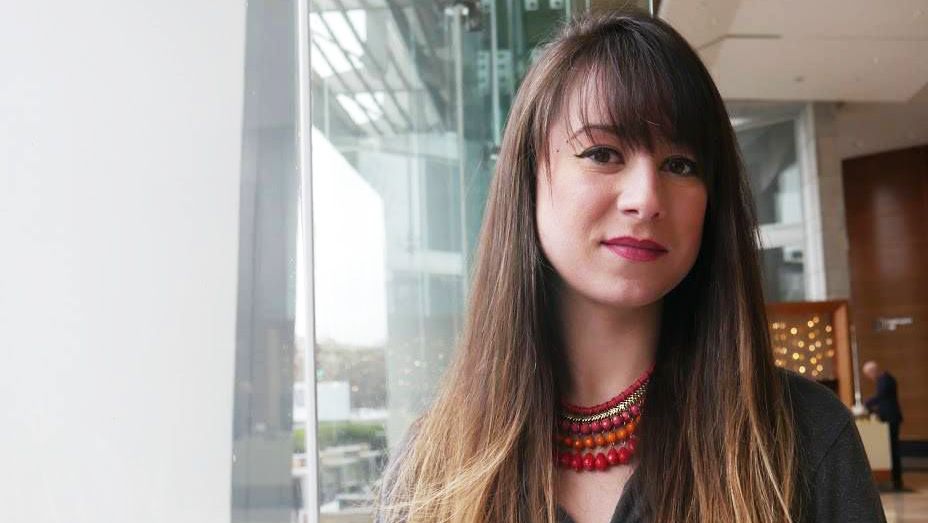
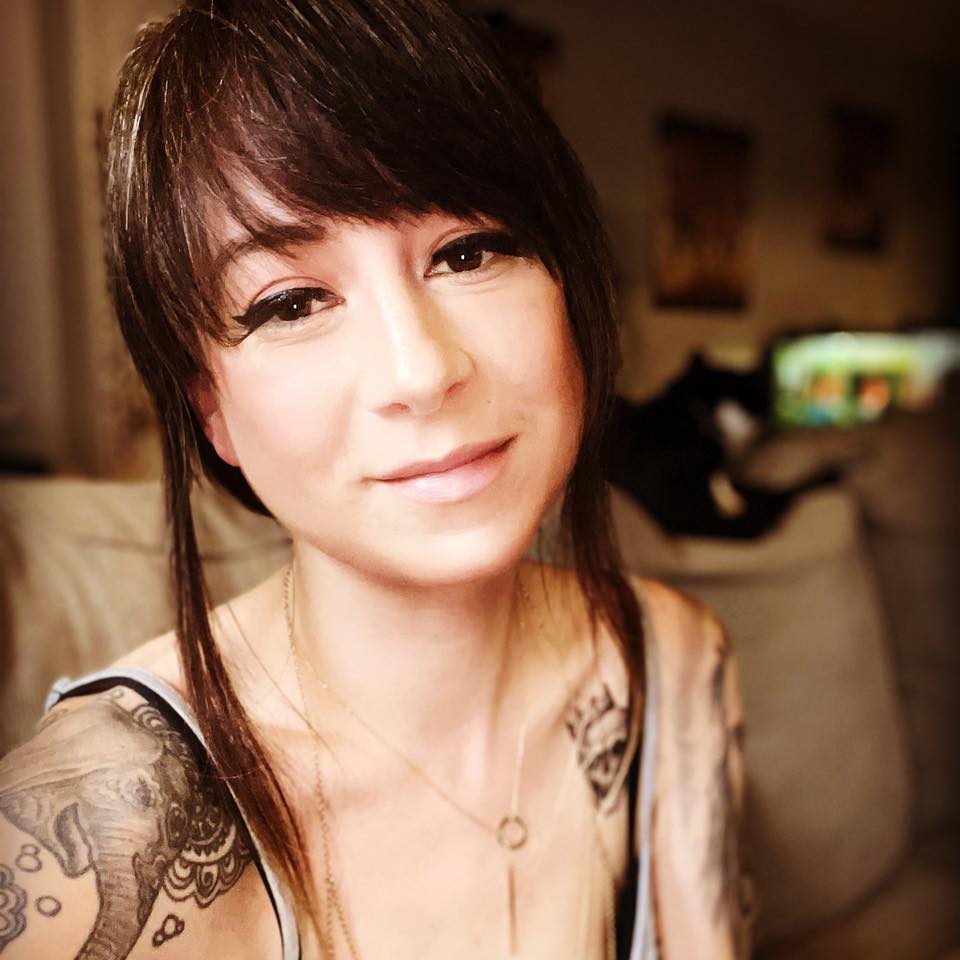
I don’t remember what month it was, or if was a weekday or the weekend. I have no idea where, exactly, his house was located. But I remember his heavy-handed cologne. I remember the forceful weight of his body. I remember saying no. I remember him crying when it was over, him begging me not to call the police. I remember grabbing my clothes and walking out his front door. And because of the now-multiple sexual assault allegations against Supreme Court Justice nominee Brett Kavanuagh, I remember it all too vividly. Every single day.
After Christine Blasey Ford accused Kavanaugh of attempting to rape her at a high school party in 1982, a second woman came forward and alleged sexual misconduct by Kavanaugh. Deborah Ramirez claims the D.C. circuit court judge “exposed himself at a drunken party, thrust his penis on her face, and caused her to touch it without her consent as she pushed him away” when they were both freshmen at Yale, according to The New Yorker. Kavanaugh denies both allegations, calling them “smear campaigns” and “last-minute allegations.”
At this point, the reaction to Ramirez’s allegations is predictable. Like Dr. Ford, defendants of Kavanaugh are wondering why she waited “so long” to come forward. She’s a liar. She’s an opportunist. She’s a pawn in a political, partisan scheme to keep Kavanaugh off the bench. Per White House spokesperson Kerri Kupec, the Trump administration is “standing firmly behind Judge Kavanaugh,” and Senate Majority Leader Mitch McConnell has promised that further testimony won’t change his mind about Kavanaugh, regardless of what Dr. Ford or any other woman says. In fact, Senate Republicans knew about Ramirez’s claims a week ago and, instead of investigating them, tried to speed up the confirmation process and confirm Kavanaugh before her story broke.
I never talked about the first time I was sexually assaulted until Dr. Ford came forward.
Like Dr. Ford, Ramirez was hesitant to come forward because she had been drinking, because the alleged incident occurred so long ago, and because she knew her life would be upended. And, like Dr. Ford, she’s not alone. From women sharing their own stories via viral hashtags like #WhyIDidntReport, to coordinated rallies and a national walkouts planned for today in solidarity of Kavanaugh’s alleged victims, and all victims of sexual assault, this Supreme Court nominee has arguably impacted every single one of the one in six women who will be a victim of rape or attempted rape sometime in her life.
Survivors of sexual assault are being forced to relive their trauma with every unrelenting news cycle, once again ripping open the scars of the past to remind defenders of Kavanaugh—including the president of the United States—that there are myriad reasons why victims don’t come forward. Why we keep our pain hidden. Why we learn to find solace in the silent existence of our stories.
I never talked about the first time I was sexually assaulted until Dr. Ford came forward. Before her story, I only discussed my second sexual assault—the one I reported. I was comfortable sharing that story because I “did everything right,” including filing a police report and enduring a rape kit and having my body parts photographed by a forensic photographer. I could talk about the police questioning my wardrobe and my sexual history and how much I had to drink, and describe the pain of having to relive my trauma over and over again so the detective could write his reports. Even when the district attorney decided there wasn’t enough evidence to try my case, I found comfort in the prevailing idea that I was a “legitimate victim” because I “did everything I could,” as soon as I could.

And all the while, I hid the assault that made me feel shame. The assault I refused to acknowledge out of intense embarrassment. The assault that made me feel as if I was, and always will be, to blame. I was, like Ramirez, a young woman in college. I knew my attacker—a friend-turned-man I was casually dating. We had engaged in consensual sex prior to the incident, so I didn’t fear spending one-on-one time with him in public or in private. But that all changed one seemingly innocuous night at his home, when he ignored my pleas and forced himself on me. Suddenly what I wanted no longer mattered. Suddenly I was no longer in control of my own body or when and how I wanted to have sex. Suddenly I wasn’t a date, or a friend, or a human being worthy of dignity and innate bodily autonomy. I was a victim.
Stay In The Know
Get exclusive access to fashion and beauty trends, hot-off-the-press celebrity news, and more.
I remember going back to my house in a daze, one roommate asking me what was wrong as I made my way to the bathroom. I don’t think I answered her. I remember throwing up before taking a long, hot shower. I remember telling myself there was no way I could say anything to anyone. I knew him. We had been dating. Who would believe me? My new boyfriend told me I shouldn’t say anything. I would ruin his life. It wasn’t that bad. I should just forget it and move on.
I buried my story deep inside myself, underneath the ache in my ribs and the warm, gut-rush of adrenaline I feel every time a man walks just a little too close behind me. And that’s where it remained, until Brett Kavanaugh emerged as an alleged serial abuser.
Stories from victims across the country have saturated social media as a result of the allegations levied against Kavanuagh. Some are similar to mine, many aren’t, but all have at least one thing in common: They're indicative of a systemic problem that has long-plagued this country; a problem that impacts victims of sexual assault for the rest of their lives; a problem that protects abusers and denigrates victims. Once again, women are bleeding themselves dry in an attempt to highlight just how prevalent—how common—sexual violence is. Even though we shouldn’t have to.
They may not have marked us on their calendars, but their abuse marked us for the rest of our lives.
Every 98 seconds an American is sexually assaulted. Ninety-percent of rape victims are women, and young women between the ages of 16 and 19 are four times more likely to be victims of rape, attempted rape, or sexual assault. One in three rape victims will develop post-traumatic stress disorder (PTSD) sometime in their life. Two out of every three sexual assaults go unreported. And out of 1,000 reported rapes, 994 perpetrators will go free. These facts are not hard to find, yet the onus is still on us—the victims—to try and prove rape culture exists and men benefit from it, some ascending to the highest positions of power in the country because of it.
The ache under my ribs has now grown into a throbbing pain, one I cannot ignore or push out of my mind. It is ignited by every allegation this administration ignores; every woman who comes forward to share her story only to be called an opportunistic liar; every victim of sexual assault standing firmly in their truth to remind us all that we’re not alone and we deserve justice, no matter how long the abuse we endured occurred. My ribs can’t expand anymore to hold a secret very few people know, while women who are finally sharing theirs are chastised by the most powerful man on the planet.

Because we remember our abusers’ heavy-handed cologne. We remember the forceful weight of their bodies. We remember saying no. We remember our humanity being stripped from us in high school, in college, at work, by boyfriends, by husbands, by best friends, by strangers, and by Yale classmates who claim they don’t remember us.
They might not have marked us on their calendars, but their abuse has marked us for the rest of our lives.
We are Christine Blasey Ford.
We are Deborah Ramirez.
We are not alone.
And we will no longer be burdened by the abuse others have caused. Because we remember, and it’s time they remember, too.
RELATED STORY
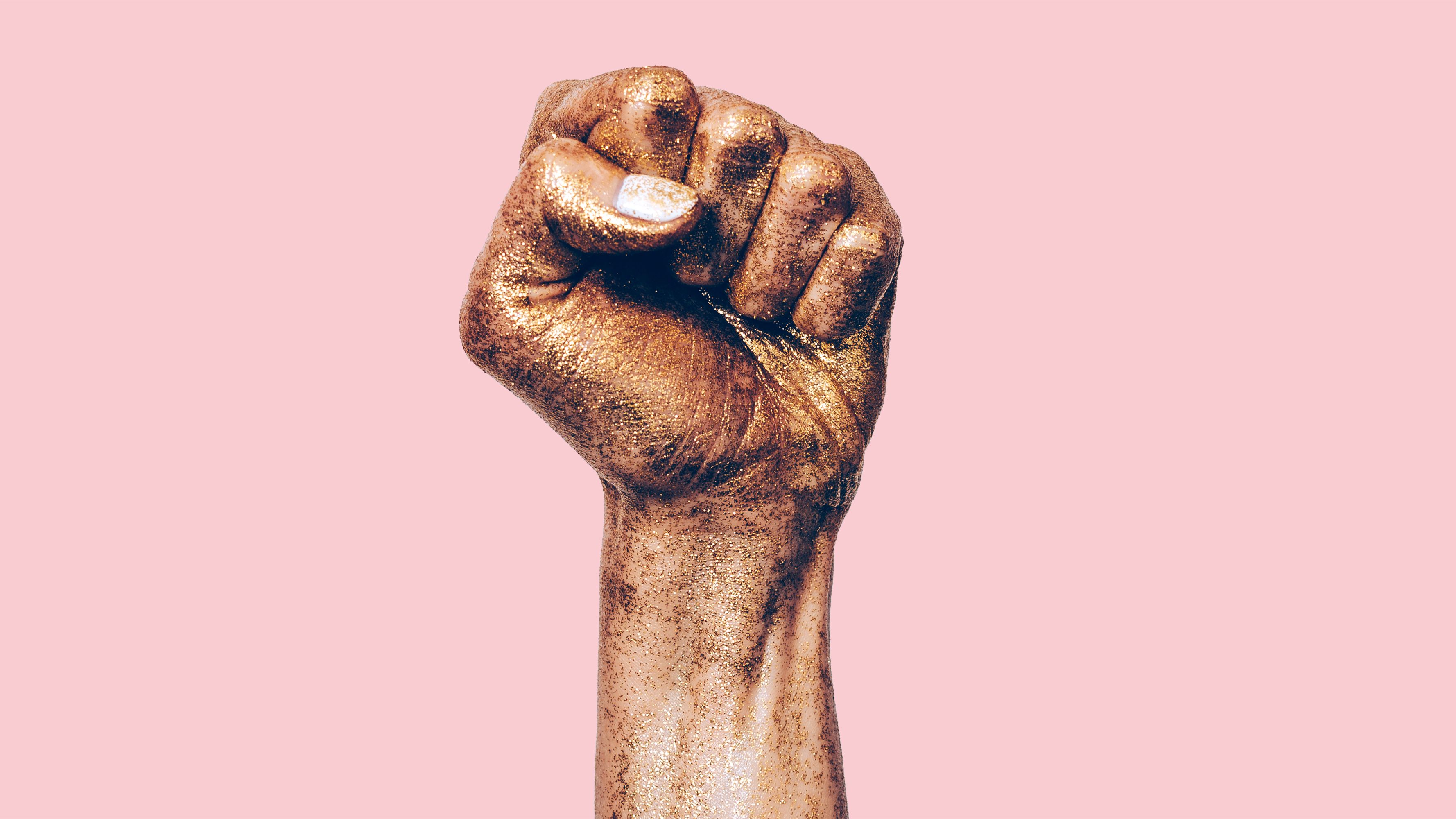

Danielle Campoamor is Marie Claire's weekend editor covering all things news, celebrity, politics, culture, live events, and more. In addition, she is an award-winning freelance writer and former NBC journalist with over a decade of digital media experience covering mental health, reproductive justice, abortion access, maternal mortality, gun violence, climate change, politics, celebrity news, culture, online trends, wellness, gender-based violence and other feminist issues. You can find her work in The New York Times, Washington Post, TIME, New York Magazine, CNN, MSNBC, NBC, TODAY, Vogue, Vanity Fair, Harper's Bazaar, Marie Claire, InStyle, Playboy, Teen Vogue, Glamour, The Daily Beast, Mother Jones, Prism, Newsweek, Slate, HuffPost and more. She currently lives in Brooklyn, New York with her husband and their two feral sons. When she is not writing, editing or doom scrolling she enjoys reading, cooking, debating current events and politics, traveling to Seattle to see her dear friends and losing Pokémon battles against her ruthless offspring. You can find her on X, Instagram, Threads, Facebook and all the places.
-
 The 'You' Season 5 Cast Features People From Joe's Past, a New Love Interest, Madcap Twins, and More
The 'You' Season 5 Cast Features People From Joe's Past, a New Love Interest, Madcap Twins, and MoreHere's what to know about the star-studded final installment of the Netflix hit.
By Quinci LeGardye
-
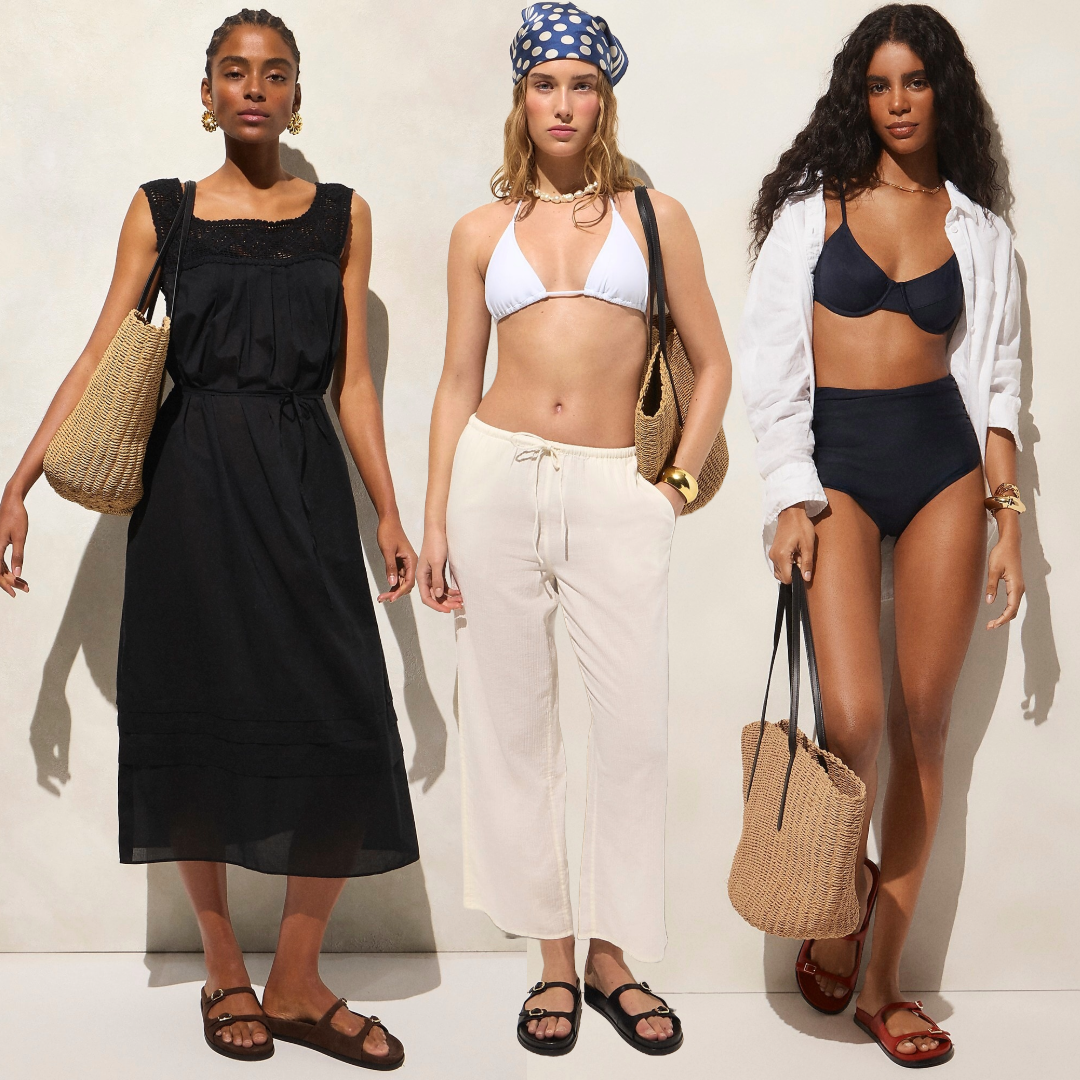 These J.Crew Sale Finds Basically Packed My Suitcase for Me
These J.Crew Sale Finds Basically Packed My Suitcase for MeI'm ready for my next vacation.
By Brooke Knappenberger
-
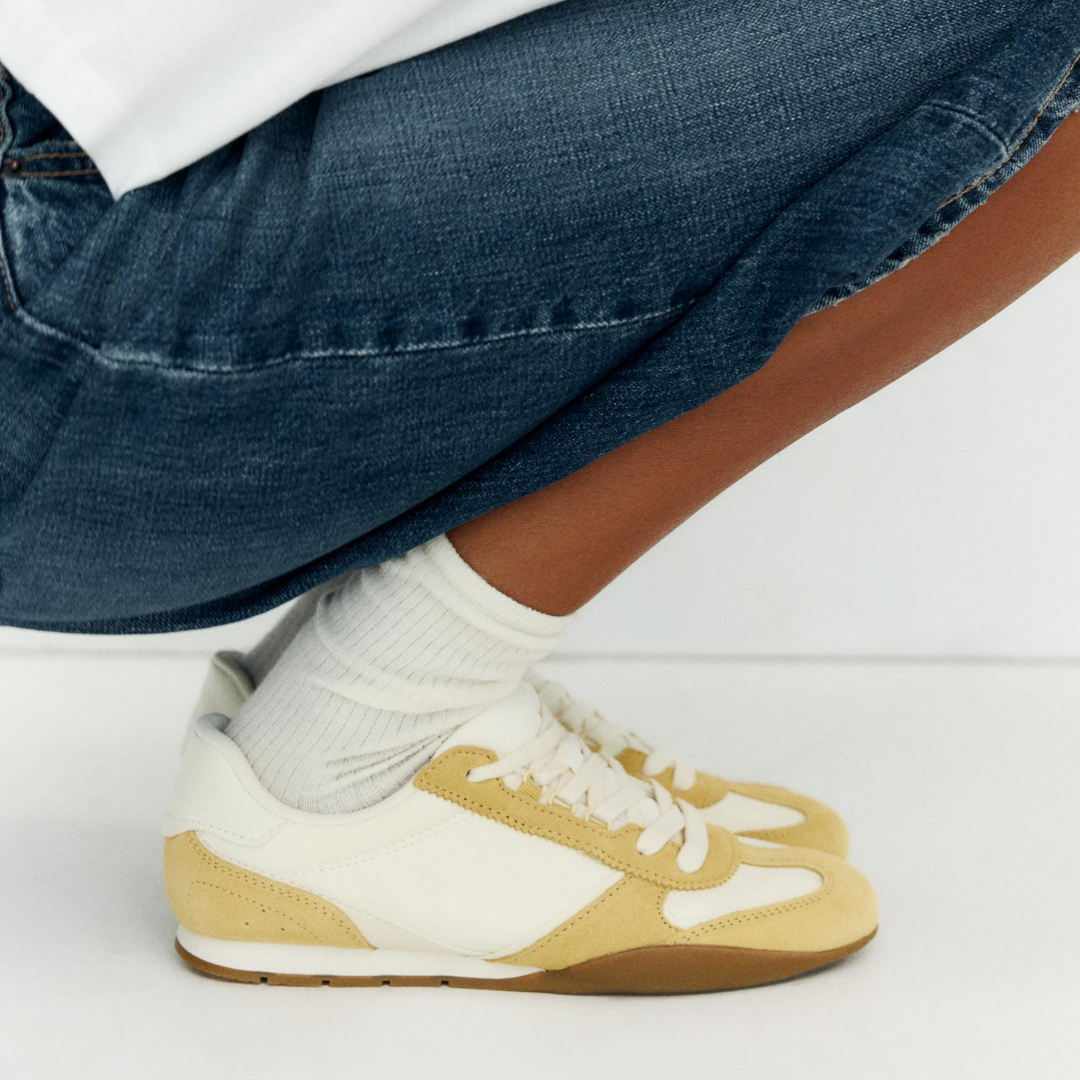 Summer's Sportiest Shoe Trend Is Worth Shopping More Than Once
Summer's Sportiest Shoe Trend Is Worth Shopping More Than Once17 pairs from Nordstrom, Mango, and Zara I'm shopping now.
By Julia Marzovilla
-
 36 Ways Women Still Aren't Equal to Men
36 Ways Women Still Aren't Equal to MenFeatures It's just one of the many ways women still aren't equal to men.
By Brooke Knappenberger
-
 How New York's First Female Governor Plans to Fight for Women If Reelected
How New York's First Female Governor Plans to Fight for Women If ReelectedKathy Hochul twice came to power because men resigned amid sexual harassment scandals. Here, how she's leading differently.
By Emily Tisch Sussman
-
 Why the 2022 Midterm Elections Are So Critical
Why the 2022 Midterm Elections Are So CriticalAs we blaze through a highly charged midterm election season, Swing Left Executive Director Yasmin Radjy highlights rising stars who are fighting for women’s rights.
By Tanya Benedicto Klich
-
 Tammy Duckworth: 'I’m Mad as Hell' About the Lack of Federal Action on Gun Safety
Tammy Duckworth: 'I’m Mad as Hell' About the Lack of Federal Action on Gun SafetyThe Illinois Senator won't let the memory of the Highland Park shooting just fade away.
By Sen. Tammy Duckworth
-
 Roe Is Gone. We Have to Keep Fighting.
Roe Is Gone. We Have to Keep Fighting.How To Democracy always offers a path forward even when we feel thrust into the past.
By Beth Silvers and Sarah Stewart Holland, hosts of Pantsuit Politics Podcast
-
 The Supreme Court's Mississippi Abortion Rights Case: What to Know
The Supreme Court's Mississippi Abortion Rights Case: What to KnowThe case could threaten Roe v. Wade.
By Megan DiTrolio
-
 Sex Trafficking Victims Are Being Punished. A New Law Could Change That.
Sex Trafficking Victims Are Being Punished. A New Law Could Change That.Victims of sexual abuse are quietly criminalized. Sara's Law protects kids that fight back.
By Dr. Devin J. Buckley and Erin Regan
-
 My Family and I Live in Navajo Nation. We Don't Have Access to Clean Running Water
My Family and I Live in Navajo Nation. We Don't Have Access to Clean Running Water"They say that the United States is one of the wealthiest countries in the world. Why are citizens still living with no access to clean water?"
By Amanda L. As Told To Rachel Epstein